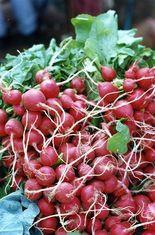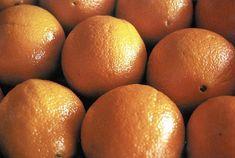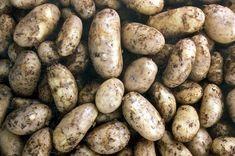


Research to be reported today (September 27) at the British Pharmaceutical Conference in Manchester provides scientific backing to the idea that certain fruit and vegetables could boost the memory.
The research, from King's College London, has major implications for the prevention and treatment of Alzheimer's disease.
Extracts found in five fruits and vegetables - broccoli, potatoes, oranges, apples and radishes - were found to contain substances that act in the same way as drugs used to treat Alzheimer's.
Most of the drugs used to treat the disease act as inhibitors of acetylcholinesterase, the enzyme responsible for the breakdown of the neurotransmitter acetylcholine. It has been previously suggested that some common vegetables might have anti-acetylcholinesterase activity, but no detailed investigation has ever been carried out. The new research confirms this activity in all five of the fruit and vegetables.
Broccoli was found to have the most potent activity and was taken forward for further tests to identify the agent(s) responsible for this activity. These were found to be glucosinolates, a group of compounds found throughout the cabbage family.
Professor Peter Houghton, from King's College London, said: "This is the first report that glucosinolates have acetylcholinesterase inhibitory properties. As yet, it is unproven that eating broccoli, for instance, would have a beneficial effect on Alzheimer's disease. But the long-term effects of regularly consuming these compounds in vegetables belonging to the Brassicaceae (cabbage family) might certainly be beneficial in reducing a decline in acetylcholine levels in the central nervous system."



